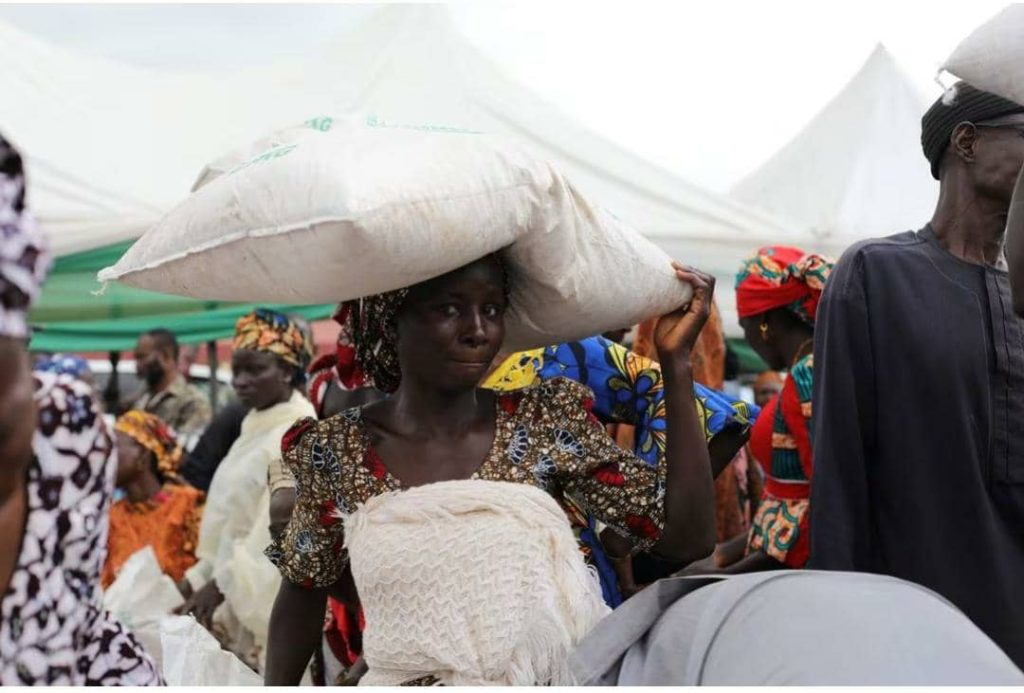Nigeria’s inflation rate accelerated further in January and reached almost 30% in annual terms, driven by soaring food costs and the fall of the country’s naira currency to record lows.
Some economists believe the data could help convince the central bank to deliver a large interest rate hike when it meets later this month.
Consumer inflation rose for the 13th straight month in January to 29.90% year on year from December’s 28.92%, data from the National Bureau of Statistics showed.
Inflation in Africa’s biggest economy and most populous nation has not climbed so high since mid-1996, eroding incomes and savings, and worsening a cost-living-crisis.
The weaker naira , which suffered a second devaluation in less than a year last month, is a key factor behind price pressures alongside energy and logistics costs associated with infrastructure problems.
The food and non-alcoholic beverages category was the biggest driver of inflation in January in annual terms.
Food inflation rose to 35.41% in January, from 33.93% in December.
Vice President Kashim Shettima said this week that the government planned to set up a commodity board to regulate the price of grains and other items to curb food costs and support smallholder farmers who dominate production.
The central bank governor, Olayemi Cardoso, faces pressure to raise interest rates when the bank’s Monetary Policy Committee (MPC) meets in late February for the first time since he took office in September.
Cardoso has said the bank aims for inflation to fall to about 21% and will seek to support the naira.
“We expect the central bank to finally deliver a large interest rate hike, probably in the region of 400 basis points to 22.75%, when the MPC meets towards the end of this month,” Jason Tuvey at Capital Economics said.
Credit: Reuters


